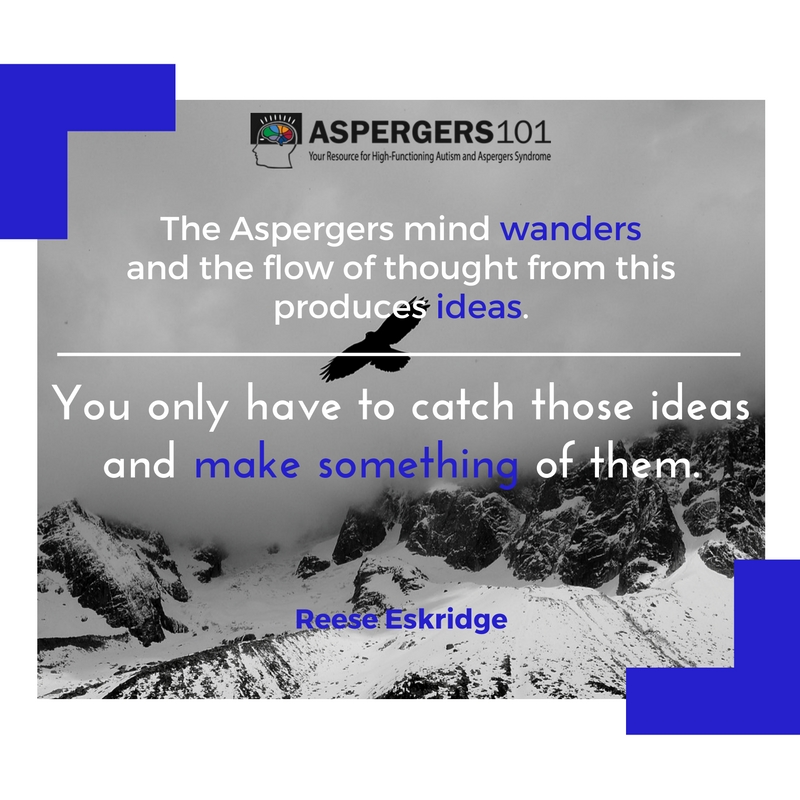Aspergers Individuals Can Become Great Leaders, Part 1: How to Begin
Like almost anyone else, breaking into the subject or field of leadership presents itself as a significant challenge. With many responsibilities to consider and to fulfill, an exemplary leader must have confident power in communication, creativity, competence, ethics, organization, and decisions, just to name a few. Unfortunately, most youth andContinue Reading












